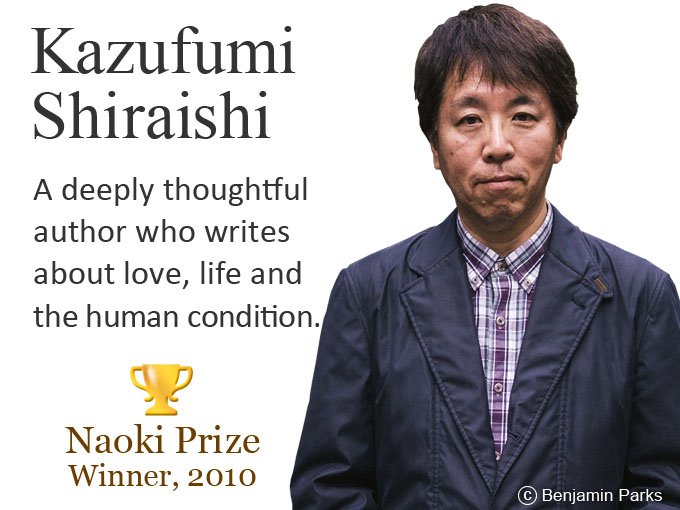In 1905, a Japanese aristocrat, Baron Suyematsu (1855-1920), who was educated at Cambridge University, felt compelled to write two books in English in an early form of ‘myth-busting’ and ‘fake news’ management.
It was a time where books were being written about Japan by Western writers that didn’t always depict Japan in a manner that the nation’s leadership was comfortable with.
It was a period when the West seemed fascinated with all things Japan. In 1907, for instance, The Nobel Prize committee cited Rudyard Kipling’s (1865-1936) writing on the manners and customs of the Japanese when they awarded him his Nobel prize.
One of Suyematsu books was titled Fantasy of Far Japan or Summer Dream Dialogues and was published by Archibald Constable in 1905.
In the book’s introduction he writes: “In publishing this volume, I am not in the least degree actuated by a desire to exalt my country unduly, – still less to boast about her achievements. My sole object has been to show Japan as she is, and to claim Occidental sympathy to such a degree as she may deserve”.
He also writes: “In the following pages I have depicted certain Japanese ideas and notions, as well as some historical facts which seem likely to interest those of the sympathetic Western public who may be inclined to study the mental side of Japan.”
Fantasy of Far Japan covers many topics: including, for example, Japanese Commercial Morality, The Code of Honour, Truthfulness, Bushikun, and more.
In the book Suyematsu cites a letter from the Manager of the Publications Department of the Times, amongst other things, published in theTimes regarding the Encyclopedia Britannica sales in Japan to support the character of the Japanese people, their credit worthiness and trustworthiness.
In the letter dated 7 October 1905 the Manager writes: “No one in the Times office, at any rate, can doubt that the standard of integrity among the Japanese is so high that when young men, who have bought the Encyclopedia, abandoned their employment to go to the front, their families promptly paid the installments due, under circumstances of the utmost difficulty.”
Suyematsu second book, The Risen Sun, published in the same year also by Archibald Constable, in which he writes: “The Russo-Japanese war will remain a vital date in the history of the peoples. When it ended, in the victory of the Rising Sun, the contact of Japan with the Occident was established on terms of equality.”
In The Risen Sun, he also explains the status of Japanese women in early 20th century Japan: “proportionally, the mental capacity of Japanese women to men seems to be pretty similar to that which their Western sisters are supposed to have to the men. We cannot, of course, predict what will be women’s place in the social sphere at large in the future; but one thing is certain: the educational system for women has been extended, together with that for men, to a proportion that Japan has never known before. Their emulation and aspiration increase year by year, so that the supply of educational institutions is always far behind demand”.
Suyematsu’s name is also written as Kencho Suematsu. He was a leading Japanese politician of his era, as well as an author, holding various senior cabinet level positions including Communications Minister and Home Affairs Minister.
In 1905 a Japanese aristocrat felt compelled to write a book in English explaining Japan to Westerners titled: ‘Fantasy of Far Japan’
[UPDATED: 10-15-2024]
© Red Circle Authors Limited
In 1905 a Japanese aristocrat felt compelled to write a book in English explaining Japan to Westerners titled: ‘Fantasy of Far Japan’
Posted by

